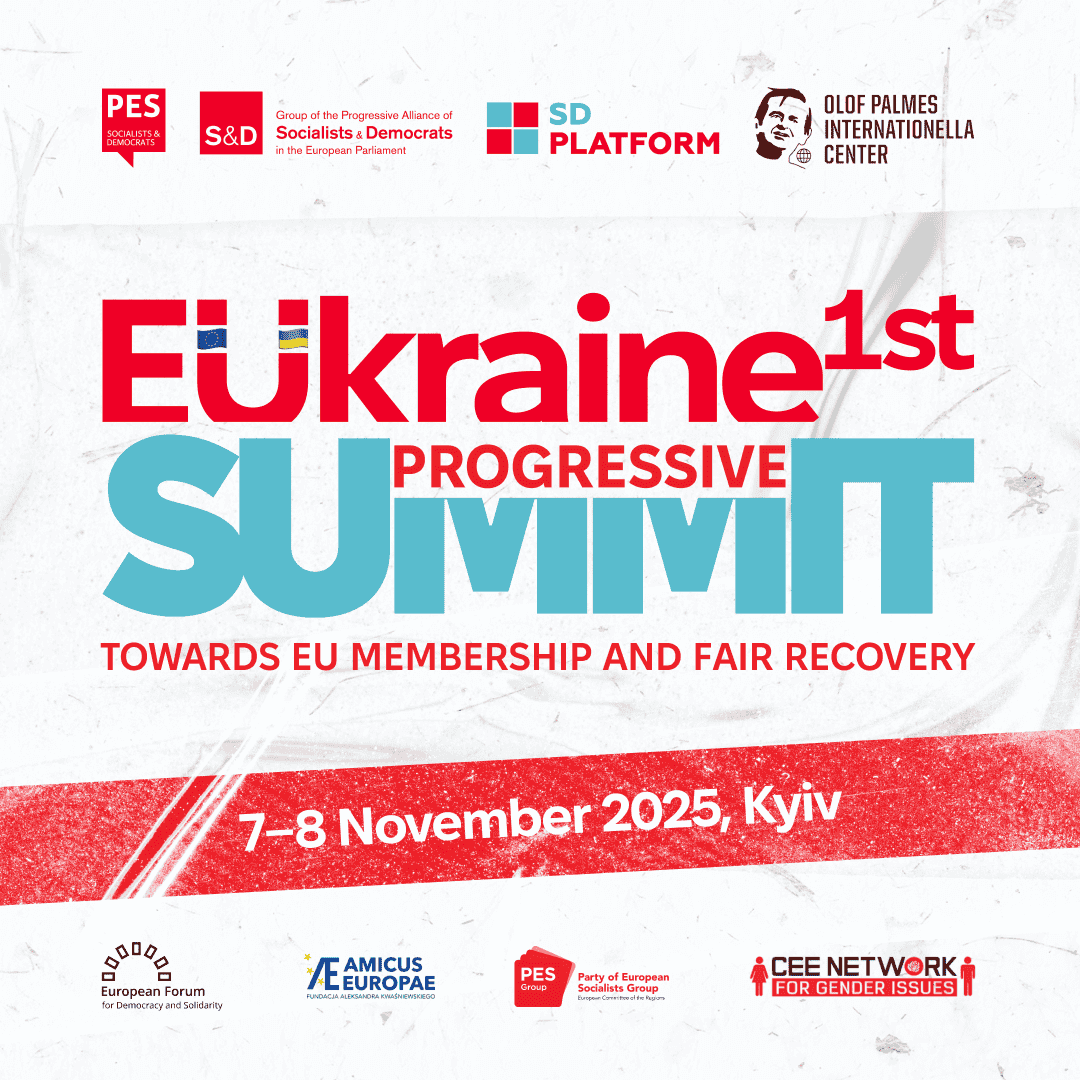Last week, on Tuesday 15 October, presidential, provincial and parliamentary elections were held in Mozambique. Current ruling party Frelimo with President Filipe Nyusi went up against Ossufo Momade of the opposition Renamo party. Mozambique has a multi-party system, but Frelimo and Renamo are the main parties. They are also the only parties, along with - very small - MDM (Democratic Movement of Mozambique) with seats in the current parliament.
Important elections
The 15 October elections were very important. On the one hand, these elections challenge the outcome of the new and fragile peace deal between President Nyusi and opposition party leader Ossufo Momade. A civil war had prevailed since independence in 1975 with Renamo and Frelimo fighting each other. This civil war ended with a ceasefire in 1992, but since 2013 the fighting has flared up again. To end the decades-long conflict, a peace agreement was signed in Johannesburg in August 2019.
The country has also faced a debt scandal, which has worsened the economy. In 2016, it was revealed that senior politicians and the associates of Frelimo were involved in a debt scandal. As a result, the IMF and other foreign donors withdrew sight, causing a currency collapse and rising public debt. However, due to the country's huge discovery of natural gas, there are high hopes that the economy can grow again. The country could become one of the largest gas exporters in the world. But in a politically unstable country, nobody wants to invest and so it is the task of the new president to deal with the huge find of natural gas in a fair and proper way.
In addition, the elections had some new aspects. Namely, it was the first election in which voters were also allowed to choose the provincial governors. These were previously appointed by the ruling party. This decentralisation seems like an interesting advance, but Frelimo created a new layer of government, namely provincial secretaries of state. These provincial secretaries of state are appointed by the president and will take over many powers from the governors. So the question is how much will change. Also, these were the first elections where the diaspora abroad are allowed to cast a vote, which is a crucial step on the level of democratic participation.
Chaotic campaign and election
The elections as well as the election campaign have been chaotic. For instance, at least 10 polling stations were not opened in the northernmost provinces due to attacks and threats from extremists. This resulted in some 5,400 Mozambicans being unable to vote. In addition, last year's cyclones also prevented many people from voting due to the loss of voter cards and identity papers.
The European Observer Mission, with the EU deploying 32 long-term observers, also confirmed that the elections were chaotic. Consequently, on 17 October, two days after the elections, they sounded the alarm about the unfair conditions and the unjustified use of state resources by the ruling party Frelimo. It also highlighted widespread violence during the election period. Authorities confirmed that at least 73 people were arrested because of unrest at polling stations.
Results
The official results of the elections are not yet known. But the outcome will test the fragile and new peace deal between ruling Frelimo and its rival Renamo. Based on preliminary results from about a third of polling stations, President Nyusi won with about 70% of the votes. Momade (Renamo) appears to be stuck at about 25%.
Renamo general secretary André Magibiri on Saturday rejected the announced results, because they were inconsistent with the will of the voters. He said the election process was "cruel and barbaric, with total violence, arbitrary arrests, ballot box stuffing and other irregularities". The EU Observers confirmed that the elections were marred by an uneven playing field, violence and a climate of fear.
Now what?
Opposition party Renamo wants last Tuesday's elections to be withdrawn. The EU confirms that the elections were conducted unfairly. Frelimo, on the other hand, finds the EU observers' statements unfounded and claims that the presidential election was a fair fight. Whether the election results are going to be accepted and Nyusi extends his presidential term remains to be seen.
photo: Mozambique Commonwealth Observer Group 2014 (Flickr)




